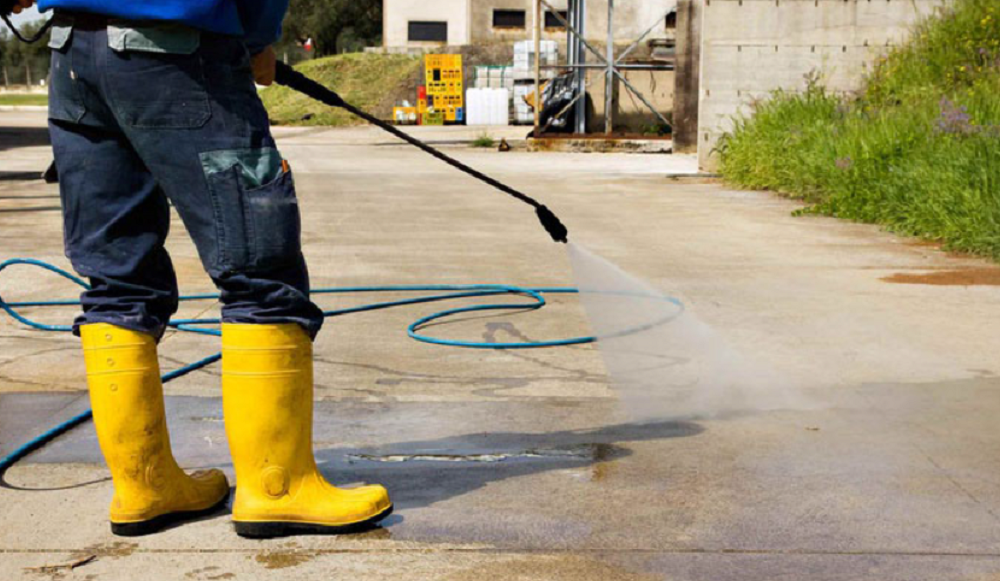If you are not sure how to use a pressure washer to clean your home, you can find out about the best way to clean with chlorine. It is important to follow certain safety procedures before using a power washer. First, wear safety gear. Second, you need to rinse your hands and body with clear water. Finally, if you have applied the chlorine solution to the exterior of your home, you must flush it with large amounts of freshwater to remove the chlorine.
Dish soap
When using a pressure washer, it is often important to follow some guidelines to ensure that the result is as clean as possible. Hot water has more energy and tends to push dirt and grime off the surface. While you can use dish soap in your pressure washer, most experts recommend that you do not. You can buy liquid soap that is specifically designed for cleaning, but this can leave your surface streaked and dirty.
chlorine
When using a pressure washer, you'll likely spray a solution onto your home.So it's important to know how much chlorine to water when using a pressure washer. This solution contains concentrated chlorine that destroys vegetation. This chemical is toxic to plants, and it's also corrosive to metal. The concentrated solution can also damage parts of your pressure washer. You should also wear safety glasses and gloves when using chlorine. chlorine is also abrasive, and it can damage delicate vegetation and metal parts. If you're using it to clean a lawn, garden, or another surface, you'll probably need to water vegetation beforehand.
Sodium hypochlorite
The answer to the question: How much sodium hypochlorite to use in a pressure washer depends on the type of cleaning you are doing. Chlorine chlorine is a common household product, but it can be dangerous if you mix it with another cleaning agent. Ammonia is a common chemical in paints and other household products, but you should avoid mixing it with chlorine because of the risk of respiratory problems and fluid buildup in the lungs.
Dish soap vs liquid chlorine
One of the first questions you need to answer is which cleaning solution is better, dish soap or liquid chlorine? Both have their pros and cons. Dish soap has the advantage of being cheaper than liquid chlorine, and it can be diluted in water to work just as well. Liquid chlorine, on the other hand, is more expensive and may damage your pressure washer's pump. However, if you must use liquid chlorine, make sure you buy a cleaner that is made for this purpose.
Sodium hypochlorite vs ammonia
The first question you should ask yourself is which is more powerful: Ammonia or Sodium Hypochlorite? Ammonia is generally used for glass and stainless steel, while Sodium Hypochlorite is best for cleaning wood. While both chemicals are strong, there are advantages to each. Sodium Hypochlorite is safer than Ammonia, but you'll need to follow directions carefully and follow directions.
Sodium hypochlorite vs liquid chlorine
Sodium hypochlorite is a yellow, water-soluble liquid that contains around 12% chlorine. It is a powerful oxidizing agent, and it reacts with a variety of chemicals to form toxic chlorine gas. chlorine can break down and dissolve many organic materials, but the gas it produces is dangerous and can cause respiratory irritation. The chemical is also irritating to the skin, and prolonged contact with it can cause damage to the eyes.
Sodium hypochlorite vs sodium hypochlorite
When choosing the best solution for cleaning, you must take into consideration several factors, which could influence the outcome of the job. While sodium hypochlorite is an excellent solution for tough stains, it is not the best solution for delicate surfaces such as siding. Water and soap can be damaging to metals, but sodium hypochlorite is less harsh. Once the solution dries, it resembles salt and is harmless to use.


